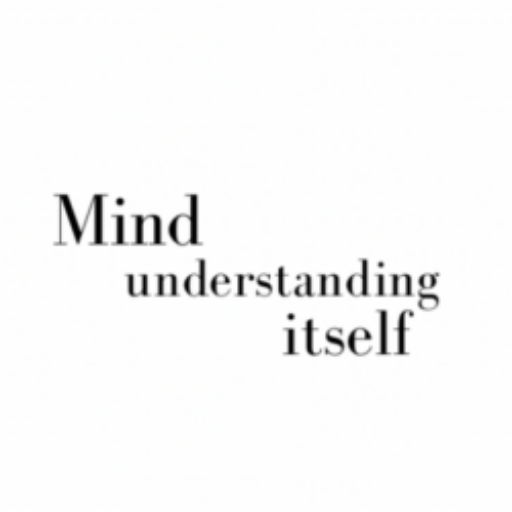How to Challenge Core Beliefs – III
Once identified, a dysfunctional core belief can be modified in order to create a more helpful schema about the self/ others/ or the world. This can be done using cognitive and behavioral interventions. 1. Start with the Belief and Its Intensity 2. Look for Evidence For/Against the Core Belief Maybe you have been holding onto…









